Landberk's second album is entirely different from the debut. Gone are the in-your-face King Crimson, VDGG and Genesis influences. Some of these influences are still present below the surface, but they are wrought into something that is entirely Landberk's own style. An immense growth, in just two years this band has become as original as their cover art.
Time incorporates flavors of melancholic indie rock, sounding like
Radiohead before Radiohead sounded like this themselves. The vocals have a very distinct timbre that comes close to U2's Bono, but it is more subtle and sensitive. There's a slightly funky vibe to the main guitar theme, it's delicate, simple but most effective and adds a slightly uplifting quality to the beautiful melancholy of this song. It's 3.40 minutes and simply stunning.
Also Kontiki goes beyond the tried and true prog paths of the debut. New music is created here, featuring a slowly grinding organ and bittersweet emotive vocals. After 2 minutes, the track changes into the smoky atmospheres of a jazz bar at 5 o'clock in the morning. It's very soft and gloomy and demands patient listening. When Landberk collapsed after the next album, the bass and guitar player formed Paatos. The dreamy ambience of the best Paatos songs is not far away here.
Mirror Man is basically a lullaby, brought with that fragile melancholy again. No wonder Sweden produces so much gloomy music if babies are brought up on this. The focus on this album is on the vocals and Reine Fiske's unique guitars. There's so much feel and yearning in his playing, You Are is a fine example. He is so far ahead of his contemporaries, probably being one of the first to incorporate the post-rock experimentation of Talk Talk into progressive rock music. Remembrance continues the excellence and has all the potential to appeal to legions of music lovers.
Landberk's music is catchy but not always easy. Especially the softer songs like Mirror Man and Valentinsong need time to get under your skin. The sparse melancholic vocals and guitar playing is almost suggestive, Fiske never resorts to easy melodious solutions but builds up an abstract soundscape similar to electronic and kraut artists from the early 70's. At the end, the patient listener is rewarded with a minute of pure splendid beauty. Tell ends the album with a more accessible rock song, though the guitars stay willful and rebellious.
With this excellent album, the band was years ahead of its time. It is unique, creative, touching and has some of the best songwriting of that decade. Too bad the audiences were not ready for it yet. Radiohead would be more successful 3 years later. Generally, I try to stay clear of words like under-rated and over-rated, but I think the merit of this album has not been recognized. 4.5 stars, upped for the unique artwork.
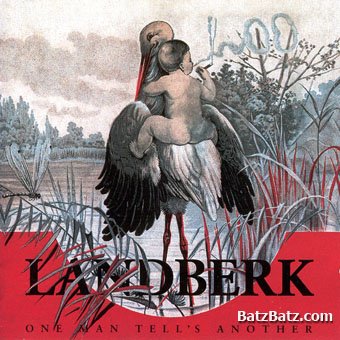




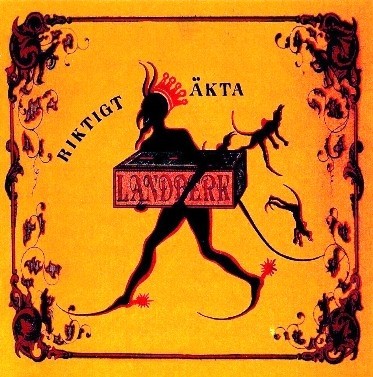

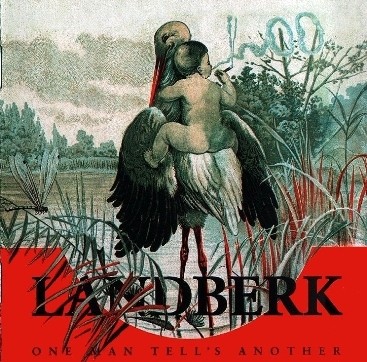

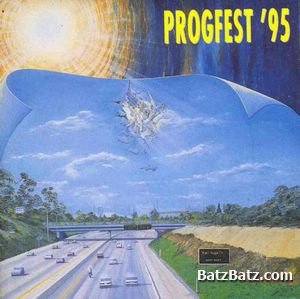
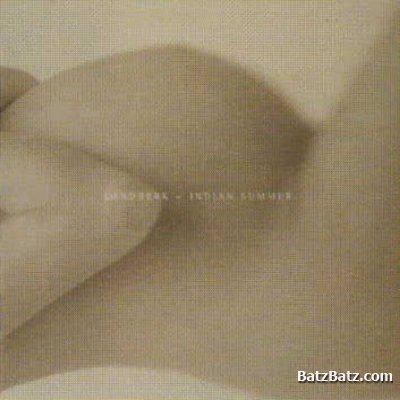
Comments